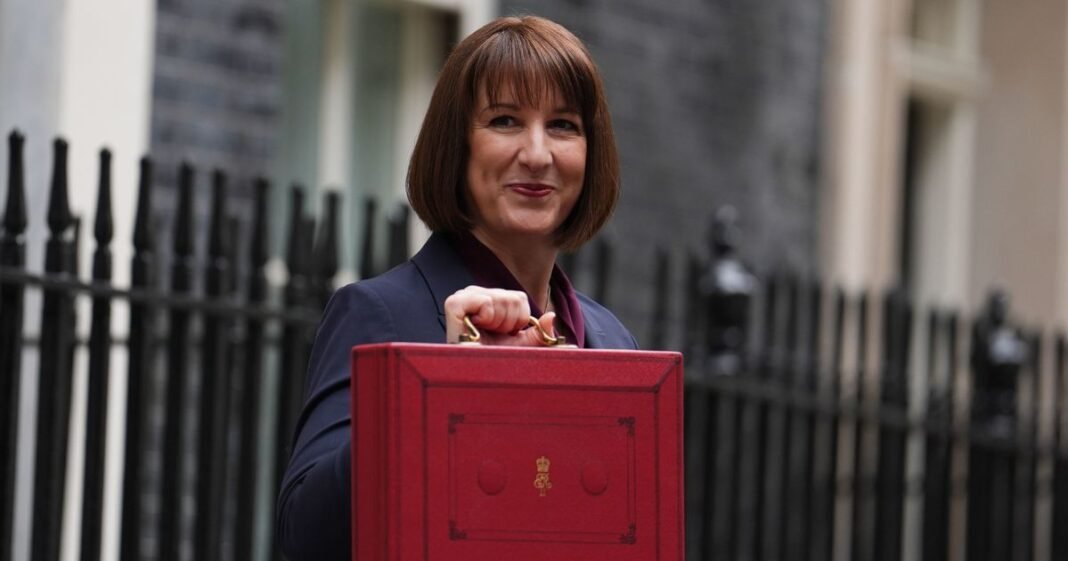Labour’s Rachel Reeves has set the date for the upcoming Budget, with expectations of potential tax increases. The Chancellor is scheduled to present the crucial statement on November 26, focusing on strategies to benefit the general working population and tackle the impact of rising inflation on household finances.
The decision to delay the announcement is aimed at allowing for initiatives to boost productivity during the autumn, anticipating a positive influence on forecasts by the Office for Budget Responsibility (OBR). This will mark Labour’s second Budget following their significant electoral success last year, where tax adjustments were made to support the NHS and other areas.
In a recent video message, Reeves emphasized the need to enhance the economy’s performance for ordinary citizens, highlighting concerns over high bills and diminishing returns. The Chancellor echoed these sentiments, stressing the importance of managing living costs and borrowing expenses while striving for economic growth through prudent financial management.
Economic experts have cautioned that tax hikes might be necessary to address the nation’s financial deficit, with projections indicating a substantial shortfall in meeting fiscal targets. Labour leader Keir Starmer has reaffirmed the party’s commitment to safeguarding working people from additional tax burdens, ruling out increases in VAT, national insurance, and income tax.
Efforts are being made to avoid a repeat of last year’s extensive tax rises, with recent adjustments in the Prime Minister’s economic team signaling a strategic realignment. Despite criticisms from former Conservative figures like Liz Truss, Rachel Reeves remains focused on delivering a Budget that addresses economic challenges and supports sustainable growth.
The upcoming Budget announcement is poised to be a critical juncture in shaping economic policies and addressing fiscal constraints, reflecting the government’s priorities towards fiscal stability and public welfare.

